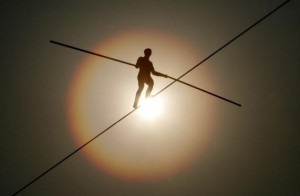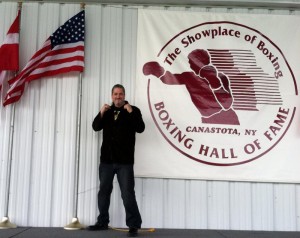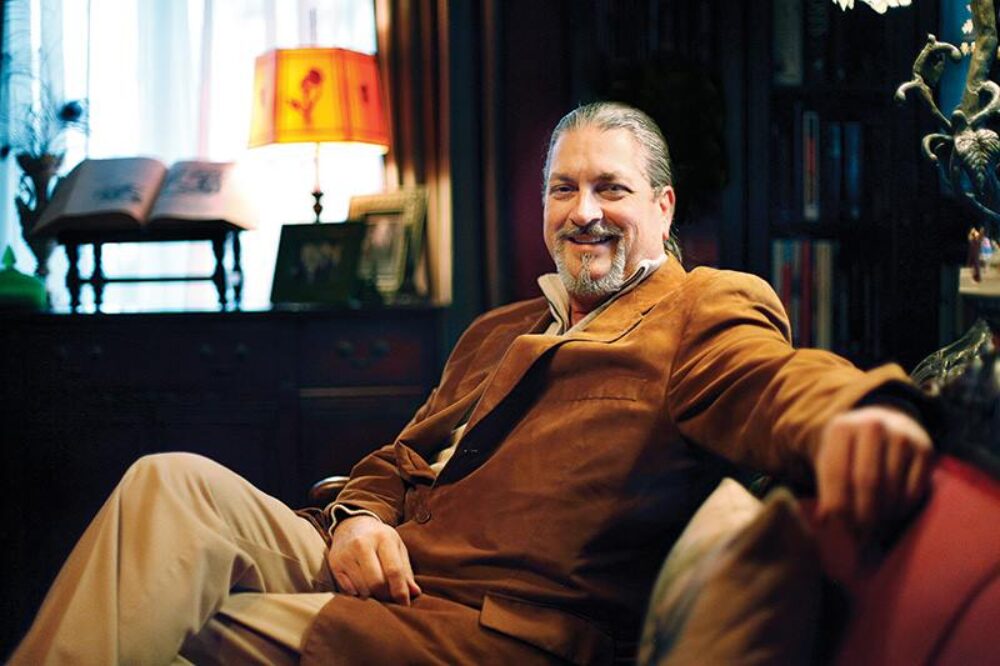Due to Covid-19 safety concerns, Keith’s live performances have been rescheduled for dates later in 2022. We wish you all the best in keeping your families close and safe. Meanwhile, please enjoy the many links here at the website.
. . . and remember to join us over at LIVE at White Rock Hall for the ingenuous blend of music and spoken word shot right here in the 1909 sanctuary of White Rock Hall . . .
Join Keith Flynn, sonic master, for a Rare Opportunity:
MARCH 13-15, 2020
A weekend intensive in the mountains
that includes after-party socializing at his home, White Rock Hall.
Enrollment is limited and will not exceed 18 participants.
Enroll now!
Contact him directly at [email protected] to apply for this Invitation-Only Event
Limited Opportunity to study with a “National Treasure”
https://redhenpress.org/collections/spring/products/the-skin-of-meaning-by-keith-flynn
__________
AN INTERVIEW BY TIM PEELER (2 excerpts) ABOUT PROSPERITY GOSPEL, A COLLABORATION WITH PHOTOGRAPHER CHARTER WEEKS, FOCUSING ON THE POVERTY OF THE APPALACHIANS.
See the rest of the Red Truck Interview here: Red Truck Interview: Flynn and Peeler.
____
Q & A: North Carolina, Appalachian Mountains, Music, and Editing the Asheville Poetry Review
TP: Keith, Welcome to the Red Truck Review. Thanks for sharing your time and insights with our readers. I’ve always been impressed with your artistic energy. You have excelled for many years as a poet-writer and editor, musician, songwriter and singer. Now with the addition of the White Rock Hall recording studio, you have added producer to the mix, which leads me to ask: What matters most in all this and why?
KF: I don’t know, it all feels like one hot coil to me, a cycle wherein each discipline feeds the others. From the beginning, in my earliest memories, I was at the mercy of words and the endless variations of sounds. My poetic voice rose out of my singing voice, and since I had grown up in the church, learning to find my voice in the choir, I saw no difference between a poem and a hymn. Because poetry is language with a shape, and requires constant improvisation, its challenges are infinite. Everything flows from the daily focus on the poetry, trying to make memorable sentences. ‘Ideas in poetry,’ wrote Mallarme, ‘are what we return to when we leave the music, as one returns to the comfort of a wife, leaving the mistress we desire. “It’s the rhythm that keeps me moving into the next challenge, the dexterity of the story as it unfolds.”
TP: I know you always have a hundred different projects in process. Can you tell our readers not just what you’re working on, but how you manage the process of writing?
KF: I’ve finished two books and am in the process of creating three others. The first, entitled Prosperity Gospel: Portraits of the Great Recession, is a collaboration with award-winning photojournalist Charter Weeks, a document that seeks to illustrate the financial hardship of Americans since the economy collapsed in Sept. 2008. We conducted scores of interviews, traveled several thousand miles, and I was able to complete essays and vignettes to accompany the photographs that Charter took. In many ways, America is becoming two separate countries, and I think that divide is illustrated by the voices in that book.
The second manuscript I was able to finish during the last two years, The History of Rock and Roll, is exactly what its title suggests, an overweening history of American music from the slave era songs and the Fisk Jubilee Singers through Ragtime, Swing, and Bop, Country, Blues, and Gospel, up to the present day alternative bands, Glam, Metal, and Hip Hop, told in poetic form. The structure was inspired by Michael Ondaatje’s book from the early 70s, The Collected Works of Billy the Kid, which is filled with diary entries, paragraphs, stanzas, traditional forms, historical reporting, newspaper clippings, letter fragments, etc. and is neither fish or fowl, but an amalgamation of literary and cultural tropes that make the reader feel that they are a part of that particular era.
The History of Rock and Roll follows the spirit of that structure and half of its content comes from my previous books, the other half was written this winter to complete the narrative. In a sense, it is a selected overview of my accomplishment to this point in my career, along with an extended poem that is representative of our country’s highly original synthesis of immigrant forms into the mongrel known as popular music, which to me is the true genesis of rock and roll, a mixture that could only occur in America, and is probably our most influential export when all is said and done.

The other three projects in process include two novels. One, entitled The Ropewalker, that I’ve been working on for about three years, is set during the first half of the 20th Century, about the time of the Mexican Revolution, and covers 50 years in the life of Cholo Canche, a one-legged Mayan circus performer. The second half of the novel takes place in Texas, Oklahoma, New Mexico, Southern Utah, and concludes in Arizona in the Grand Canyon.
I have another n ovel cooking, The Red Tornadoes, a sort of murder mystery with basketball as a backdrop, set in the mountains, and a pure sports book, Twelve Bells: Essays on the Hurt Game, which is a compilation of twelve essays on the sweet science of boxing.
ovel cooking, The Red Tornadoes, a sort of murder mystery with basketball as a backdrop, set in the mountains, and a pure sports book, Twelve Bells: Essays on the Hurt Game, which is a compilation of twelve essays on the sweet science of boxing.
My newest book of poetry (from Red Hen Press), releases in April 2020, The Skin of Meaning. Also, I’m producing LIVE at White Rock Hall, a TV show that forces collaborations with nationally-known poets and great regional musicians; we film the performances as they happen in the sanctuary of the 100-year-old church that I live in. By the time you are reading this, you will be able to go to YouTube and find our channel for the show. That feels like about the next ten years of my life right there. Over the years I’ve learned how to maintain several projects at once, several poems or essays or books that I’m working toward, so that on any given evening, when it’s time to do the work, I will hopefully have ideas that are useful to build sentences around, and to keep a variance in my attention.
I usually become entranced by a phrase or idea and then build around that kernel. I have never been able to start a poem by believing I knew exactly what I wanted to write about and then logically erecting the poem’s architecture on the foundation of that thought. I never know what sentences I’ve written will become the scaffolding of a poem. But I am always trying to make the tightest, smallest sentences and to condense the amount of dross. This is the infernal chase, to make poems where the artifice of labor disappears and the seams dissolve. ‘All art is the elimination of the unnecessary,’ said Picasso, and that is one of my only laws. The other one is that Music is a moral law that stands in for all others.
“If it doesn’t groove, it doesn’t move me.”
